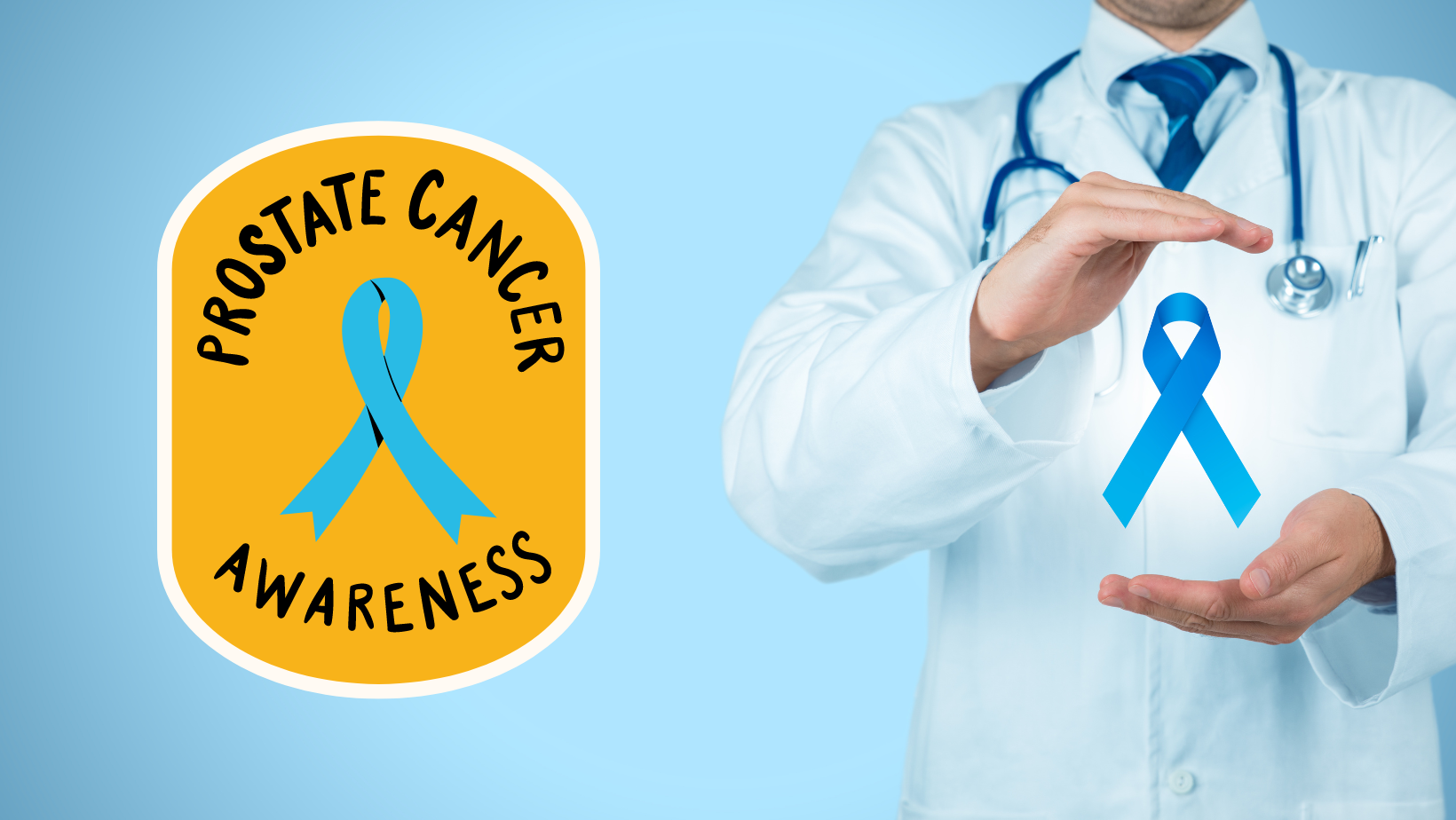
Prostate Cancer: Symptoms and Treatments
September is Prostate Awareness Month. Prostate Cancer is the most commonly diagnosed cancer in men.
According to the Canadian Cancer Society, it is estimated that in 2022:
- 24,600 Canadian men will be diagnosed with prostate cancer. This represents 20% of all new cancer cases in men in 2022.
- 4,600 Canadian men will die from prostate cancer. This represents 10% of all cancer deaths in men in 2022.
- On average, 67 Canadian men will be diagnosed with prostate cancer every day.
- On average, 13 Canadian men will die from prostate cancer every day.
Here’s a great video on everything you need to know about prostate cancer.
Symptoms to Look Out For
- more frequent night urination
- a strong or sudden urge to urinate
- difficulty starting the flow of urine
- interrupted urine stream (starts and stops)
- unable to empty the bladder completely
- difficulty controlling the bladder, which can cause urine to leak and dribble
- blood in the urine or semen
- burning or pain during urination
- discomfort or pain when sitting, caused by an enlarged prostate
- painful ejaculation
- trouble getting an erection
- pain or stiffness in back, hips or pelvis that doesn’t go away
Remember, early detection can save your life. If you are experiencing any of these symptoms, make an appointment to see your doctor.
If you are given a cancer diagnosis, a full support team is behind you which include a urologist, radiation oncologist, and a medical oncologist. Various specialists may also be assigned to your case such as nutritionists, nurses, and rehabilitation specialists.
There are numerous treatment options, but they do depend on each individual case.
Treatment options can include:
Can prostate cancer be prevented?
Any improvements we can make in our daily lives can only decrease our risks for numerous conditions we may develop.
Eat a healthy diet low in fat, and full of fruits and vegetables helps decrease the risk of developing prostate cancer. Reducing overall fat intake can help in other areas such as controlling your weight and helping your heart.
Coupled with maintaining a healthy weight, you can further help decrease risk of prostate cancer. Men with a body mass index (BMI) of 30 or higher may have an increased risk. Increasing the amount of daily exercise and reducing calories can help with weight reduction.
Aim for 30 minutes of exercise daily, as studies have also shown a reduced risk of cancer when exercising. Exercising also keeps your heart healthy and helps you lose weight, and build muscle (especially beneficial for senior men).
Consult with your doctor first before beginning a new regime of exercise, and start slow by walking, parking your car further away from entrances, and taking the stairs instead of elevators and escalators.
